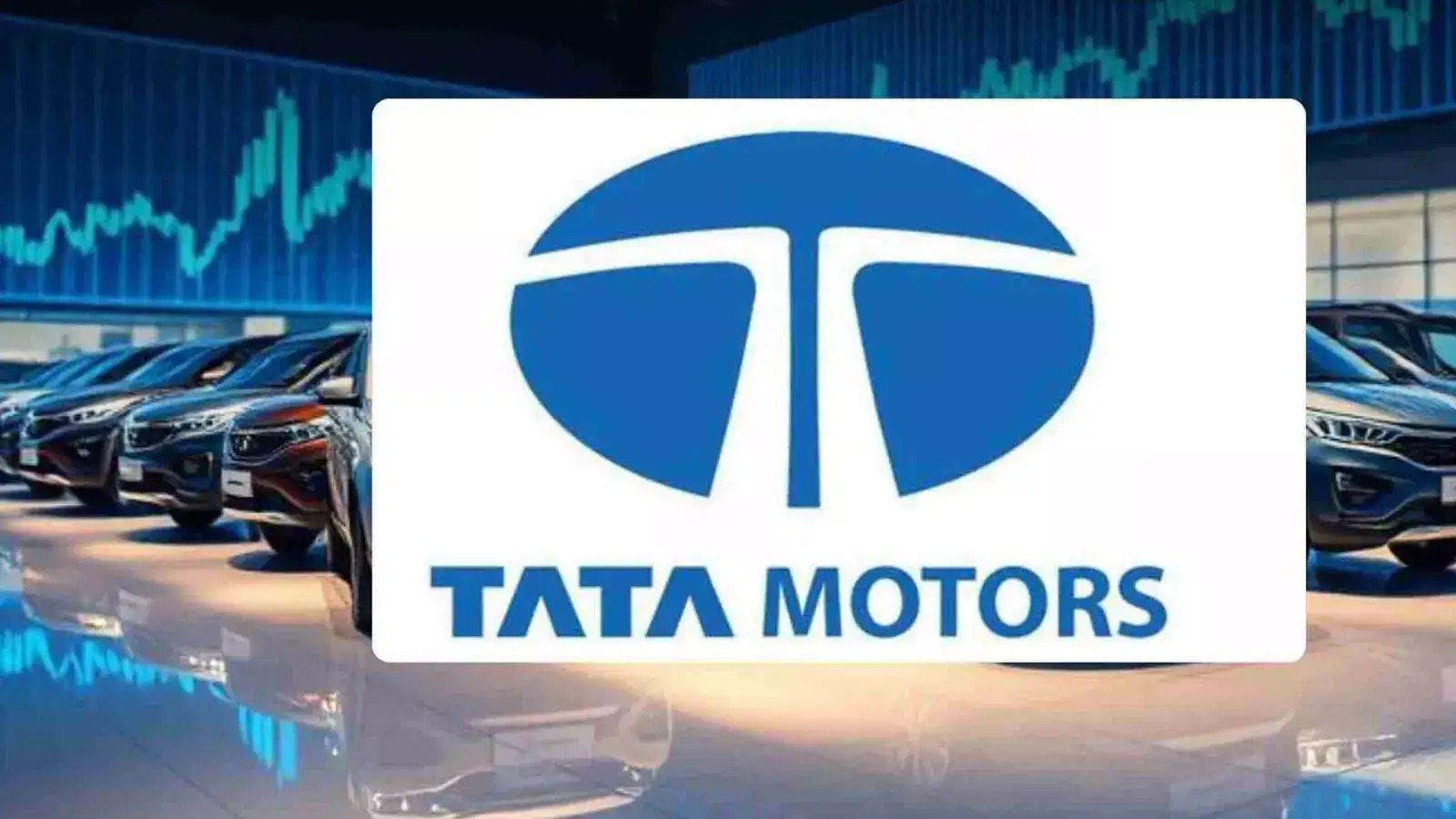Tata Motors Ltd, one of India’s largest automobile manufacturers, released its August 2025 sales figures today, revealing a nuanced performance across its commercial and passenger vehicle segments. The company registered total sales of 73,178 units for the month, including domestic and international markets, reflecting resilience in commercial vehicle (CV) sales and a slight decline in passenger vehicle (PV) volumes.
The data underscores the challenges and opportunities facing India’s auto sector as it navigates post-pandemic recovery, evolving consumer preferences, and macroeconomic shifts.
Commercial Vehicles: Holding the Line
Tata Motors reported 29,863 units sold in the commercial vehicle segment in August 2025, a figure that signals stability in a sector often sensitive to infrastructure cycles and freight demand. This performance is particularly notable given the seasonal slowdown and cautious fleet expansion by logistics operators.
The CV segment includes medium and heavy commercial vehicles (MHCVs), intermediate and light commercial vehicles (ILCVs), and small commercial vehicles (SCVs). Industry insiders suggest that Tata’s diversified CV portfolio and strong dealership network helped maintain momentum despite broader market softness.
“Our commercial vehicle business continues to demonstrate resilience, supported by demand in construction, mining, and last-mile delivery,” said Girish Wagh, Executive Director, Tata Motors Ltd. “We are optimistic about sustained growth as infrastructure projects pick up pace in the second half of the fiscal year.”
Passenger Vehicles: A Modest Decline
In contrast, Tata Motors’ passenger vehicle sales dipped by 3% year-on-year, totaling 43,315 units in August. This decline comes amid rising competition, cautious consumer spending, and delayed purchases ahead of festive season promotions.
While SUVs remain a stronghold for Tata Motors, with models like the Nexon and Harrier continuing to attract buyers, the overall PV segment faced headwinds from high interest rates and subdued rural demand.
Electric vehicles (EVs), however, remain a bright spot. Tata Motors has consistently led the EV race in India, and although August figures weren’t broken down by fuel type, previous months have shown record EV sales, including over 7,000 units in July.
“We are seeing a shift in consumer behavior, with growing interest in EVs and premium SUVs,” noted Shailesh Chandra, Managing Director of Tata Passenger Vehicles and Tata Passenger Electric Mobility. “Our focus remains on innovation, safety, and sustainability.”
Domestic Sales: A Mixed Bag
Tata Motors’ total domestic sales for August stood at 68,482 units, comprising both PVs and CVs. This figure reflects a slight contraction compared to previous months, but remains within expected seasonal norms.
The domestic auto market has been grappling with uneven demand, especially in Tier 2 and Tier 3 cities. Analysts attribute this to inflationary pressures, delayed monsoons affecting rural income, and a wait-and-watch approach by consumers ahead of festive discounts.
Despite these challenges, Tata Motors’ performance is broadly in line with industry trends. Other automakers, including Maruti Suzuki and Hyundai, have also reported mixed results for August, with some segments showing growth and others facing declines.
Total Sales: 73,178 Units in August
Including exports and international sales, Tata Motors registered 73,178 units sold in August 2025. This figure represents a comprehensive snapshot of the company’s footprint across domestic and global markets.
The company continues to expand its presence in Africa, Southeast Asia, and Latin America, leveraging its competitive pricing and robust product lineup. Export volumes, while not detailed in the August release, are expected to contribute meaningfully to overall performance in FY2026.
Outlook: Eyes on Festive Season and EV Momentum
Looking ahead, Tata Motors is expected to ramp up marketing and dealer engagement as India enters the festive season. New launches, refreshed variants, and attractive financing schemes are likely to boost consumer sentiment.
The company’s continued investment in electric mobility, hydrogen-powered trucks, and connected vehicle technologies positions it well for long-term growth. Analysts remain cautiously optimistic, citing Tata’s strong fundamentals and diversified portfolio.
Sources: Tata Motors, NDTV Profit, AutocarPro
